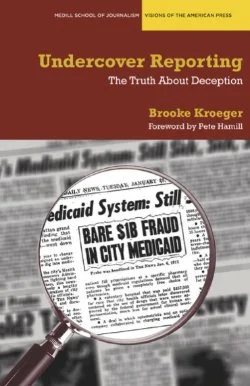By Samuel R. Gross, Maurice Possley, Ken Otterbourg, Klara Stephens, Jessica Paredes and Barbara O'Brien
Black people are 13.6% of the American population but 53% of the 3,200 exonerations listed in the National Registry of Exonerations as of August, 2022. Judging from exonerations, innocent Black Americans are seven times more likely than white Americans to be falsely convicted of serious crimes. We see this racial disparity, in varying degrees, for all major crime categories except white collar crime. This report examines racial disparities in the three types of crime that produce the largest numbers of exonerations: murder, sexual assault, and drug crimes. For both murder and sexual assault, there are preliminary investigative issues that increase the number of innocent Black suspects: for murder, the high homicide rate in the Black community; for rape, the difficulty of cross-racial eyewitness identification. For both crimes, misconduct, discrimination and racism amplify these initial racial discrepancies. For drug crimes, the preliminary sorting that increases the number of convictions of innocent Black suspects is racial profiling. In addition, the Registry lists 17 “Group Exonerations” including 2,975 additional wrongfully convicted defendants, many of whom were deliberately framed and convicted of fabricated drug crimes in large-scale police scandals. The overwhelming majority are Black.
Irvine, CA: National Registry of Exonerations , 2022. 55p.









